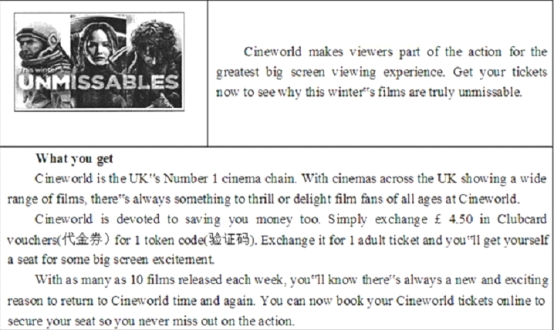题目内容
【题目】Technological change is everywhere and affects every aspect of life, mostly for the better. However, social changes are brought about by new technology are often mistaken for a change in attitudes.
An example at hand is the involvement of parents in the lives of their children who are attending college. Surveys (调查) on this topic suggests that parents today continue to be “very” or “somewhat” overly-protective even after their children move into college dormitories. The same surveys also indicate that the rate of parental involvement is greater today than it was a generation ago. This is usually interpreted as a sign that today’s parents are trying to manage their children’s lives past the point where this behavior is appropriate.
However, greater parental involvement does not necessarily indicate that parents are failing to let go of their “adult” children.
In the context (背景) of this discussion, it seems valuable to first find out the cause of change in the case of parents’ involvement with their grown children. If parents of earlier generations had wanted to be in touch with their college-age children frequently, would this have been possible?
Probably not. On the other hand, does the possibility of frequent communication today mean that the urge to do so wasn’t present a generation ago? Many studies show that older parents—today’s grandparents—would have called their children more often if the means and cost of doing so had not been a barrier.
Furthermore, studies show that finances are the most frequent subject of communication between parents and their college children. The fact that college students are financially dependent on their parents is nothing new; nor are requests for more money to be sent from home. This phenomenon is neither good nor bad; it is a fact of college life, today and in the past.
Thanks to the advanced technology, we live in an age of bettered communication. This has many implications well beyond the role that parents seem to play in the lives of their children who have left for college. But it is useful to bear in mind that all such changes come from the technology and not some imagined desire by parents to keep their children under their wings.
【1】The surveys inform us of______.
A. the development of technology
B. the changes of adult children’s behavior
C. the parents’ over-protection of their college children
D. the means and expenses of students’ communication
【2】 The writer believes that__________.
A. parents today are more protective than those in the past
B. the disadvantages of new technology outweigh its advantages
C. technology explains greater involvement with their children
D. parents’ changed attitudes lead to college children’s delayed independence
【3】What is the best title for the passage?
A. Technology or Attitude
B. Dependence or Independence
C. Family Influences or Social Changes
D. College Management or Communication Advancement
【4】Which of the following shows the development of ideas in this passage?

【答案】
【1】B
【2】C
【3】A
【4】C
【解析】
试题分析:以父母对于上大学的成年子女过度保护的问题为例,提出了科技带来的一些改变容易被误认为态度的改变的论点。
【1】B细节理解题。根据第二段第二句parents today continue to be “very” or “somewhat” overly-protective even after their children move into college dormitories.调查显示现在的父母在孩子上大学之后仍然非常或者某种程度上过度地保护子女。
【2】C观点态度题。第三段作者提出调查的结果并不能理解为现在的家长对孩子不放手,接下来的两段作者论述了出现这种结果的真正原因是科技的发展使得交流手段更丰富,成本更低廉。见第四段最后一句“Many studies show that older parents—today’s grandparents—would have called their children more often if the means and cost of doing so had not been a barrier。最后一段更是再次强调了这种观点。故选C。
【3】A主旨大意题。由第一段第二句话得出。这种科技的改变容易被误认为态度的改变。第2-5段讨论到底是科技还是态度的改变。第6段再次明确表示是科技的改变。故选A。
【4】C文章结构题。文章第一段是introduction,第二段是第一个论点,指出父母在子女生活中参与度提高的现象。第三段是第二个论点(关键词However),指出通过调查并不能推断出父母未能对子女放手,分论点一是科技的进步导致父母对子女生活更多的参与,分论点二(关键词Furthermore)是子女经济不独立导致父母对子女生活的过多参与。最后一段总结。故选B。








